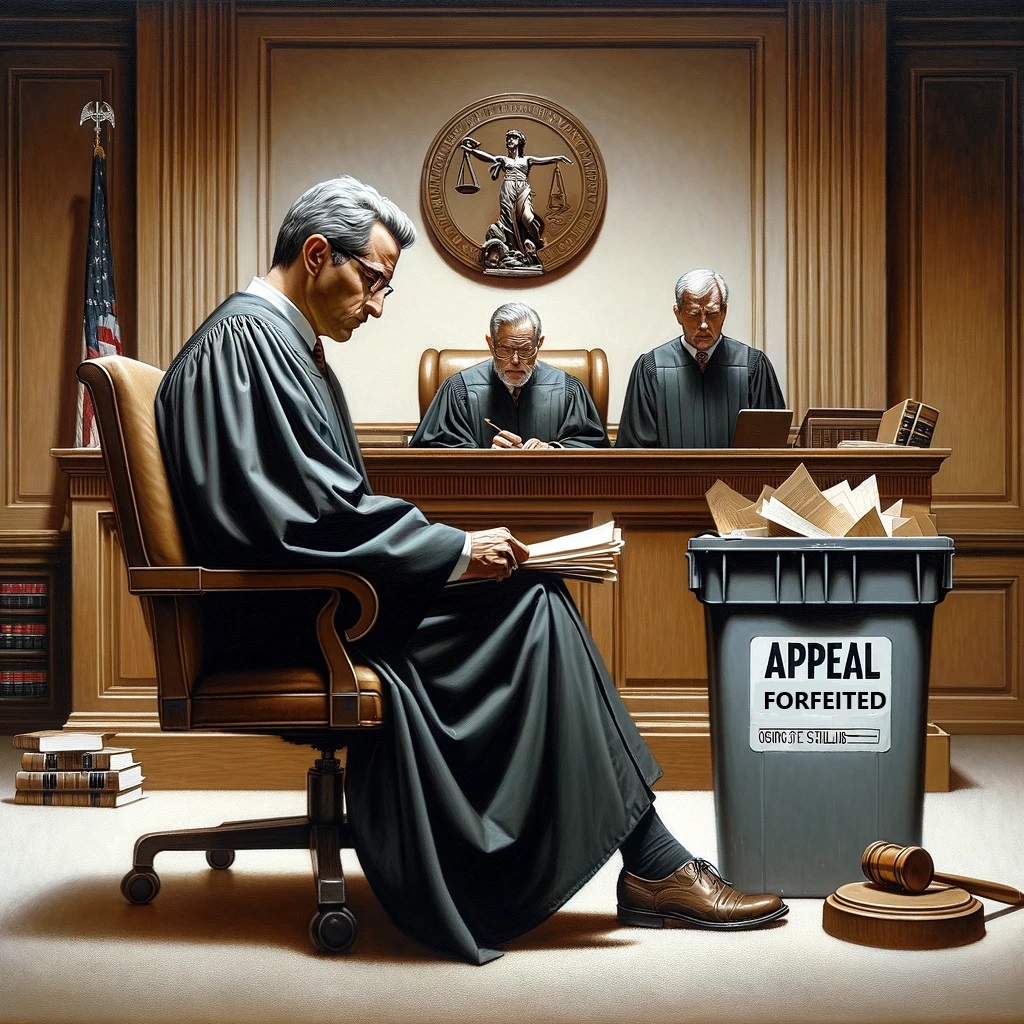
When opposing summary judgment, an important tool is to file a declaration explaining that you need additional time for discovery. The plaintiff in Gomez v. City of Rialto Police Dep't (D4d1 Feb. 29, 2024 No. D083074) [nonpub. opn.], had the right idea, but did not comply with the requirement to file a declaration with a showing of diligence.
The plaintiff was injured when a SWAT team driver collided with him en route to a bank robbery. The defendants moved for summary judgment on grounds of immunity and reasonable care, and the trial court granted the motion.
But after filing his opposition, the plaintiff took the deposition of another officer who testified that the defendant driver had not exercised reasonable care, creating a triable issue. So the plaintiff moved for both reconsideration and new trial.
While agreeing that this new evidence did create a triable issue, the trial court ruled that the plaintiff, in gathering this new evidence, had failed to exercise diligence. After all, the plaintiff had waited until after filing his opposition to take the deposition. But in a self-contradictory ruling, the trial court concluded the lack of diligence, while requiring denial of the motion for reconsideration, did not bar granting new trial, which the court did.
The Court of Appeal reversed. The trial court was correct that the plaintiff had not been diligent. And that finding required denying the motion for new trial. Code of Civil Procedure section657, subdivision (4) "authorizes the grant of a new trial when the moving party has discovered new, material evidence which it could not, with reasonable diligence, have discovered and produced at trial." (Plancarte v. Guardsmark (2004) 118 Cal.App.4th 640, 646.)
Even assuming the new evidence required more time to discovery, the plaintiff failed to raise that issue. He made the request under section 437c, subdivision (h), in his opposition to summary judgment. That’s the wrong way. He needed to have filed a declaration explaining why the alleged discovery issues could not have been resolved sooner. (Desaigoudar v. Meyercord (2003) 108 Cal.App.4th 173, 190 (Desaigoudar) ["Where a lack of diligence results in a party's having insufficient information to know if facts essential to justify opposition may exist, and the party is therefore unable to provide the requisite affidavit under Code of Civil Procedure section 437c, subdivision (h), the trial judge may deny the request for continuance of the motion."].)
Making a section 437c(h) argument in the opposition does not suffice. You need a declaration of diligence.
When opposing a motion for summary judgment is filed, consider what discovery is still needed, and get to it as soon as possible. If there is anything still needed by the time your opposition is due, consider seeking a continuance under CCP § 437c(h)—but you must seek it via declaration and explain your diligence. Just arguing “I need more time for discovery” in the opposition is not enough.